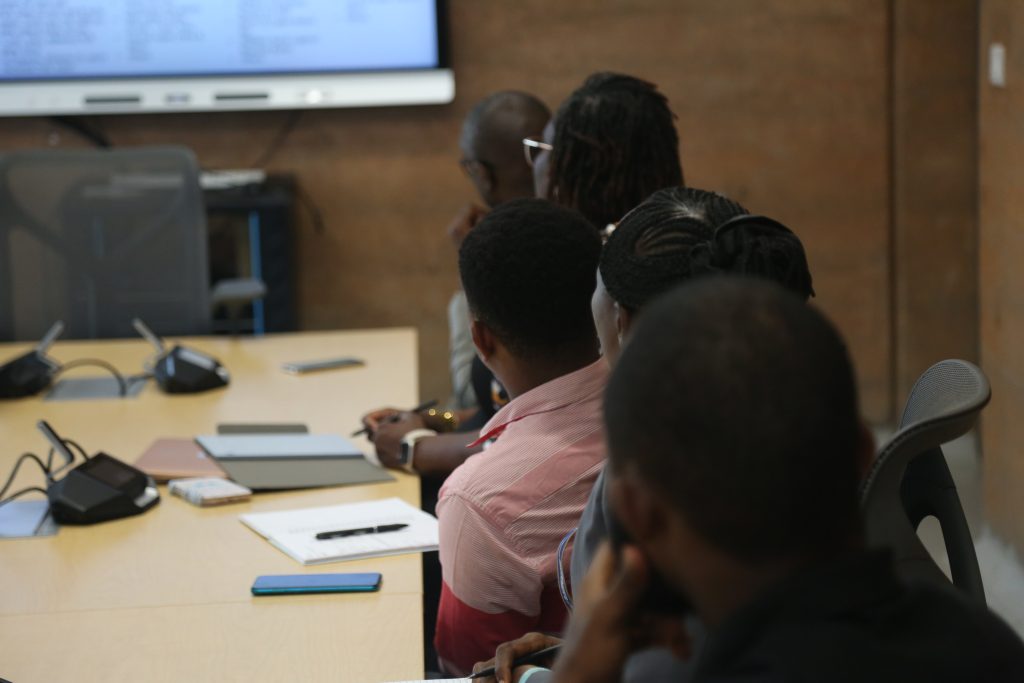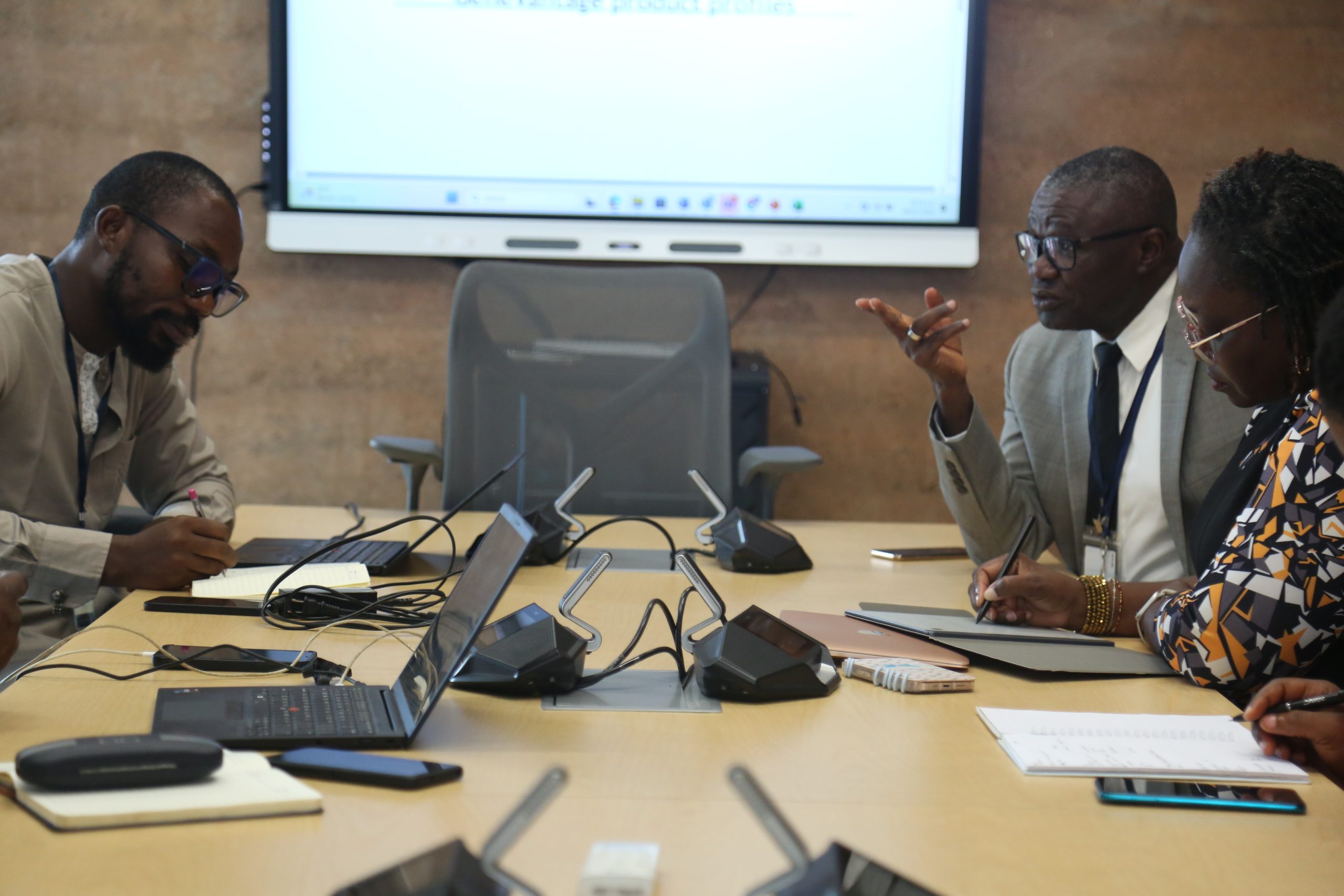In Africa, the price of discovery is not just hard work and intellectual brilliance; it’s also the cost of dry ice shipped from Ireland.
In labs across the continent, researchers are confronting a maddening reality: scientific progress is being throttled not by a lack of ideas, but by a web of geopolitical bottlenecks, proprietary control, and exploitative supply chains. We are not short of talent. We are short of tools and worse, control over how those tools are accessed, priced, and distributed.
Let’s speak plainly. Africa remains at the mercy of a deeply colonial research infrastructure. From procurement delays to multi-tiered markups, we are forced to pay inflated prices for equipment routed through foreign logistics networks that serve profit, not progress. A machine that costs $60,000 elsewhere ends up costing $180,000 in Africa, after passing through Ireland, Dubai, and various gatekeepers with no added value but every added fee.
Why must a piece of lab equipment built in Singapore travel through three continents before reaching Nigeria or Kenya? Why are we paying for six layers of distribution when none are based in Africa? This isn’t a quirk of globalisation; it is a feature of a system designed to keep African institutions dependent and disempowered.
Policy Follows Ideas, But So Does Industry
We often talk about influencing policy through science, “putting our ideas into something” and sending them to those in power. But what about industry? What about manufacturing policy? Procurement policy? Can we push our ideas into that machinery too?
The answer is yes, but not unless we build alternative models.
We must stop romanticising partnerships that position Africa only as a consumer of imported expertise and start insisting on sovereignty in data, manufacturing, and logistics. There are companies, right now, that refuse to establish African offices yet profit massively from African projects. Some are even controlling machines remotely, changing passwords, disabling functionality, as if African scientists are guests in their own labs.
The Case for a New Supply Chain

If we want to democratize research access, we must localise production. That doesn’t mean duplicating every advanced technology, it means building strategic capacity where it matters.
Already, initiatives and collaboration in Kenya show promise in establishing regional hubs for critical tools like Polymerase Chain Reaction (PCR) reagents and sequencing platforms. These partnerships must be scaled not as charity, but as a business imperative rooted in African market strength and policy-backed incentives.
We can’t afford to be passive consumers. If manufacturers want access to African markets, they must also invest in them. That means registration, representation, warehousing, training, and tech transfer. No more “ghost vendors” operating unregistered in countries they profit from.
The Power of Refusal
There’s something revolutionary about saying no. No to overpriced kits. No to opaque middlemen. No to being locked out of software you paid for. No to partnerships that drain local capacity.
Some African CEOs are already doing this, refusing buyouts, insisting on local ownership, and investing in indigenous R&D. It’s not just idealism. It’s the beginning of a new market logic: one where African companies protect their culture, build their IP, and assert a rightful stake in global science.
Because let’s be honest, the future of African science will not be imported. It will be built.
What Must Be Done (Now)
Procurement Policy Reform: Public institutions must demand transparent pricing, direct supply contracts, and local representation from all international vendors.
Strategic Manufacturing Investment: Governments and private sector partners must co-fund African manufacturing hubs for research-grade tools and consumables.
IP and Data Sovereignty Laws: We need strong policies to protect local innovation, enforce open-access tools, and prevent exploitative tech lock-ins.
Continental Supply Chain Coordination: The African Union must lead a cross-border initiative to streamline scientific procurement across regions.
Conclusion: Africa Is the Next Market
The global research industry must understand: Africa is not waiting. From Kenya to South Africa to Nigeria, innovators are building systems that reduce dependency and reclaim agency. And they are doing it with fewer resources but sharper urgency.
The cost of inaction is not just financial, it is generational. If we don’t fix this now, our brightest minds will continue to be held back by broken systems, their ideas locked behind a paywall of foreign control.
We must flip the script, not by asking for access, but by building the systems ourselves. Africa has the talent. What we need now is the power to decide.


